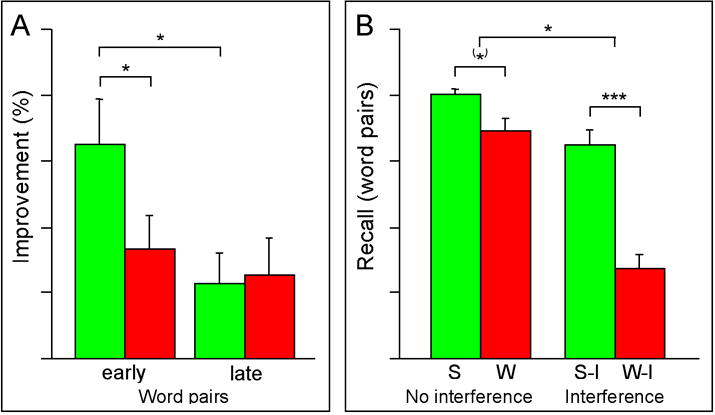Figure 4. Sleep-dependent enhancement of performance on declarative memory tasks.

Two different memory tasks show sleep-dependent improvements in performance. (A) Benefits of early and late night sleep on the paired associates list: performance improvement was significantly greater following early sleep (green bar left) compared to the early wake control (red bar left), and compared to late sleep (green bar right). There was no significant difference between the late sleep (green bar right) and late wake (red bar right) groups. * p< 0.05; **p<0.01. Adapted from Plihal and Born (1997). (B) Paired associates task and effect of interference: there was a modest non-significant improvement in performance after sleep (green bar left compared to wake (red bar left). Performance improved significantly after sleep for the group that underwent interference training (green bar right) compared to the interference wake group (red bar right) and significantly more so than in the no interference condition (left). (*) 0.05 ≤ p ≤ 0.10, *p< 0.05, ***p<0.001. Adapted from Ellenbogen et al (2006).
